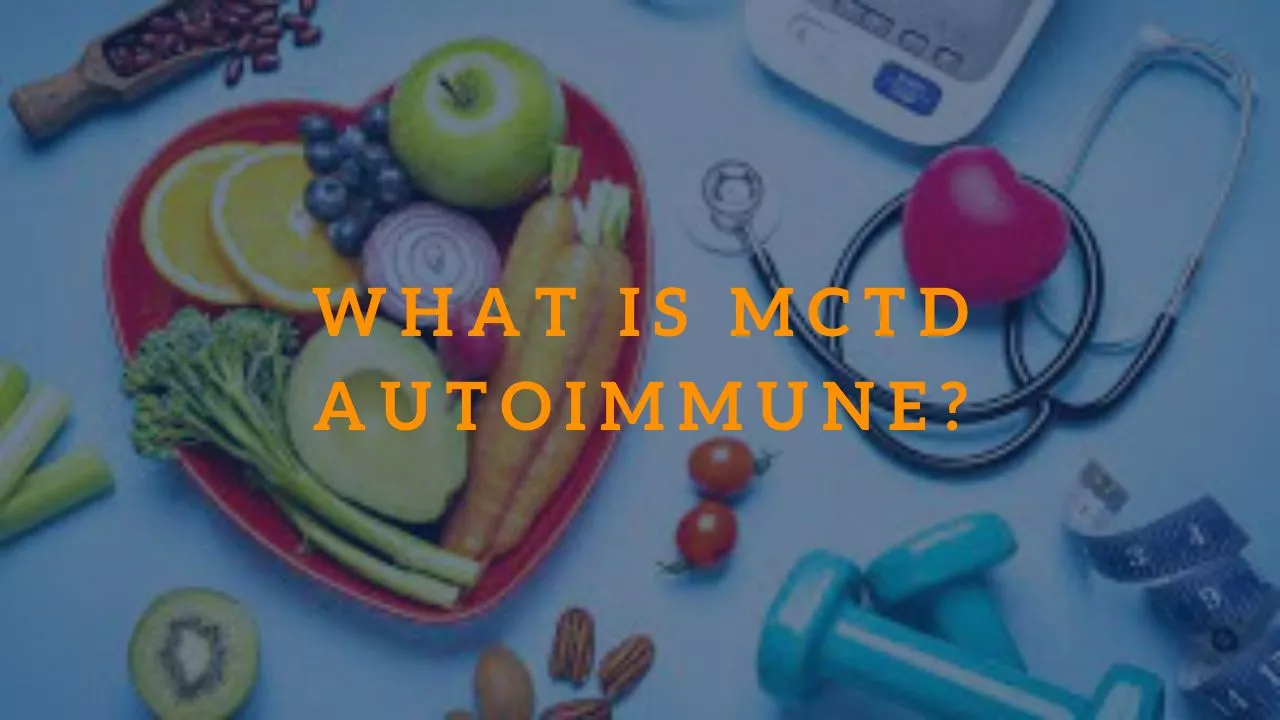Hello 1-GSM Visitors, Mixed Connective Tissue Disease (MCTD) is a rare autoimmune disease that affects the connective tissues of the body. It is a combination of various autoimmune disorders, including lupus, scleroderma, and polymyositis.

What are the Symptoms of MCTD Autoimmune?
The symptoms of MCTD autoimmune can vary widely from person to person. Some of the most common symptoms include joint pain and stiffness, muscle weakness, skin rashes, and difficulty swallowing. Other symptoms can include fatigue, fever, and Raynaud’s phenomenon, which is the discoloration of the fingers and toes due to poor circulation.
What Causes MCTD Autoimmune?
The exact cause of MCTD autoimmune is unknown. However, researchers believe that genetic and environmental factors play a role in the development of the condition. Some studies suggest that viral infections may trigger the immune system to attack the body’s connective tissues. Other factors that may contribute to the development of MCTD autoimmune include hormonal imbalances and exposure to certain chemicals.
How is MCTD Autoimmune Diagnosed?
MCTD autoimmune can be difficult to diagnose because the symptoms can be similar to other autoimmune diseases. Doctors may perform various tests, including blood tests, imaging tests, and a physical examination to determine if a person has MCTD autoimmune. The doctor may also look for specific antibodies in the blood that are associated with MCTD autoimmune.
What is the Treatment for MCTD Autoimmune?
There is currently no cure for MCTD autoimmune. However, treatment can help manage the symptoms and prevent complications. Treatment options may include medication to reduce inflammation and suppress the immune system, physical therapy to improve muscle strength and mobility, and lifestyle changes to manage symptoms.
What are the Complications of MCTD Autoimmune?
MCTD autoimmune can lead to various complications, including lung problems, heart problems, and kidney problems. People with MCTD autoimmune may also be at an increased risk of developing other autoimmune diseases.
What is the Prognosis for MCTD Autoimmune?
The prognosis for MCTD autoimmune varies widely from person to person. Some people may experience mild symptoms that can be managed with treatment, while others may experience more severe symptoms that can lead to complications. It is important for people with MCTD autoimmune to receive regular medical care and follow their treatment plan.
How Can MCTD Autoimmune be Prevented?
There is currently no known way to prevent MCTD autoimmune. However, some lifestyle changes may help manage symptoms and reduce the risk of complications. These changes may include eating a healthy diet, getting regular exercise, and avoiding smoking and alcohol.
What is the Outlook for MCTD Autoimmune?
MCTD autoimmune is a rare condition, and there is currently no cure. However, with proper medical care and treatment, many people with MCTD autoimmune can manage their symptoms and prevent complications. It is important for people with MCTD autoimmune to work closely with their healthcare providers to develop a treatment plan that is tailored to their individual needs.
Conclusion
In conclusion, MCTD autoimmune is a rare autoimmune disease that affects the connective tissues of the body. The symptoms can vary widely from person to person, and there is currently no known way to prevent the condition. However, with proper medical care and treatment, many people with MCTD autoimmune can manage their symptoms and prevent complications. If you or someone you know is experiencing symptoms of MCTD autoimmune, it is important to seek medical attention right away. See you again at our other interesting article.
